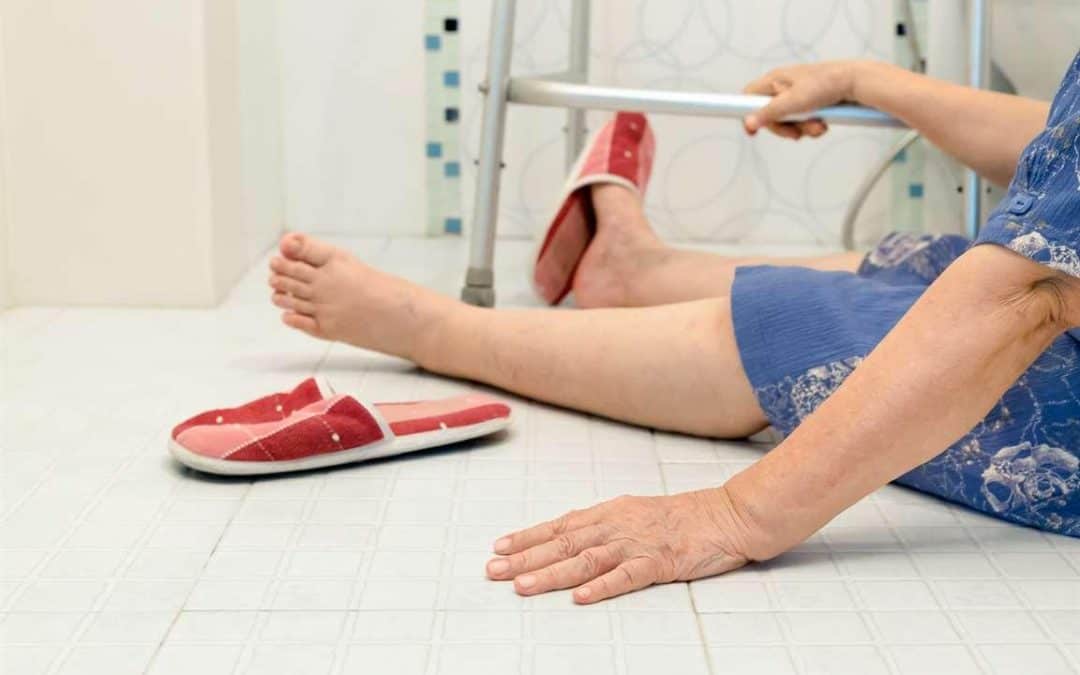When something’s funny, we laugh; that’s what we’d like to think the rule is, anyway. The reality is, we will sometimes laugh at very unfunny things, like watching someone take a spill. Pratfalls in classic movies aside, falls are no laughing matter; falling can cause serious injuries, especially if you’re over a certain age or are afflicted by certain ailments, like osteoporosis. We want to help you avoid tumbling, so here are a few tips on how to avoid falling.
1.Limit Your Intake of Intoxicants
Partying is fun at any age, but you should be mindful that alcohol and other intoxicants can impair your sense of judgement, your vision and your balance. This means that if you know falling could have serious consequences for your health, you should avoid overdoing it; be extra cautious about how much you consume, and after consumption, be aware of your increased risk. Certain medications can also adversely affect your judgment, sight and balance, especially medications that make you drowsy. When taking such medications, mindfulness is again important.
2.Make Your Home a Safe Space
You likely spend most of your time at home; this is great news for fall reduction, because you can control your home environment more than any other space. You should make sure your home is well lit, so any obstacles are obvious; when moving around at night, be sure to turn the lights on as you go. Your family may complain a bit if you’re lighting your way to the bathroom at 3 AM, but they’d be far more upset if you took a bad spill. Make sure to move furniture away from high-traffic areas, and clean spills as soon as they happen. Cleaning your home regularly will reduce the number of obstacles that could cause a fall; should this be difficult for you, there are trustful home care services that can help you with your home upkeep.
3.Keep Your Bones Healthy
Your bone density and physical fitness are good predictors of how bad the consequences of a fall might be. The healthier you are, the less likely a fall will result in a break or fracture; even if a break does occur, healthier individuals will have less recovery time. This means it’s important to stay active; walking and water sports are good options, as are gentle exercises to improve movement and flexibility, like tai chi and yoga. Those who know they are at risk of serious damage from a fall and those who have mobility issues may do well to consult a physical therapist. Diet is also important; make sure you’re getting enough vitamin D and eating well-balanced meals to ensure you’re always at your best.
4.Use Mobility-Assistance Devices
Those of you who know your mobility is reduced should use the tools available to you to help reduce falls. This might be a walking cane, grab bars in your bathroom, and non skid bath mats. These technologies have become more affordable, and not buying them isn’t worth the risk of a bad fall!


